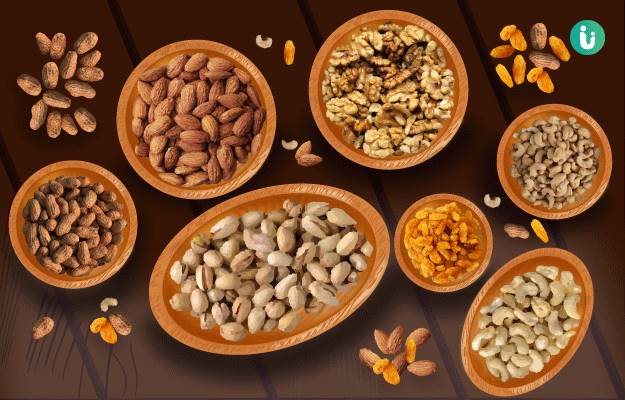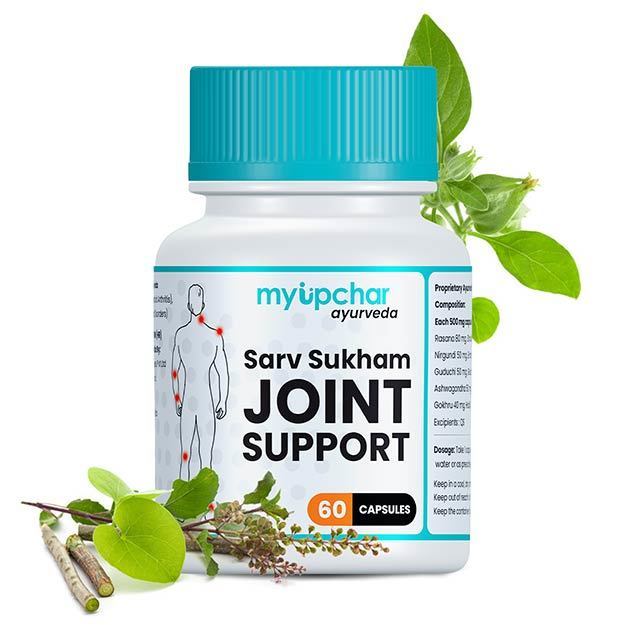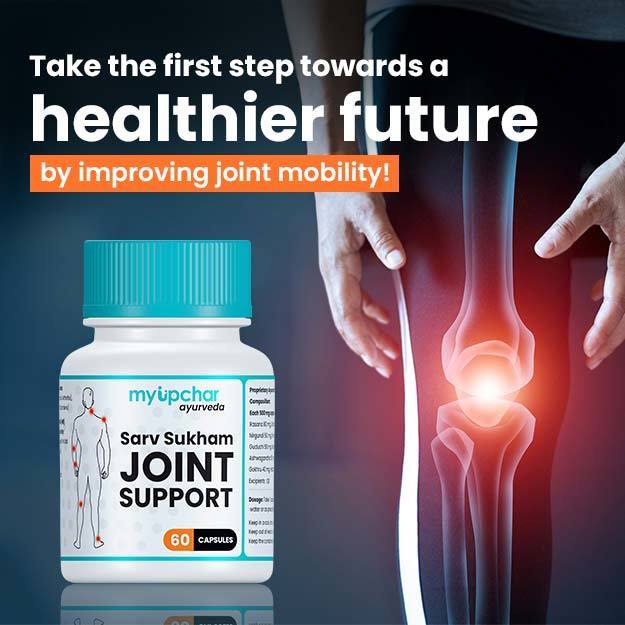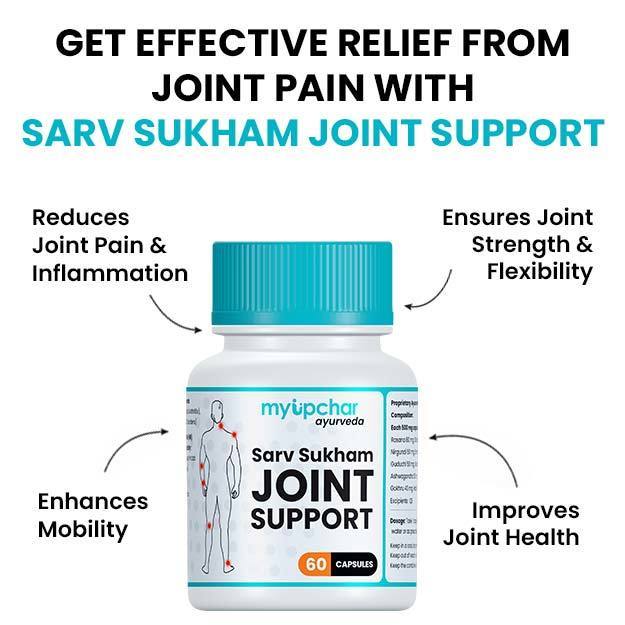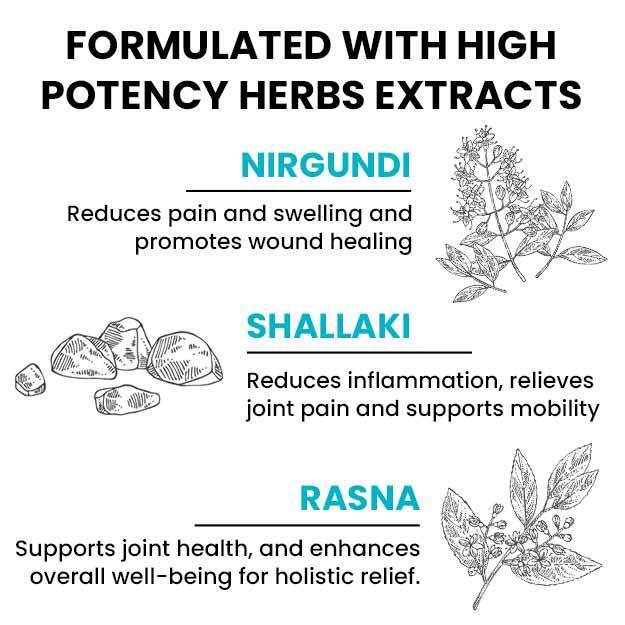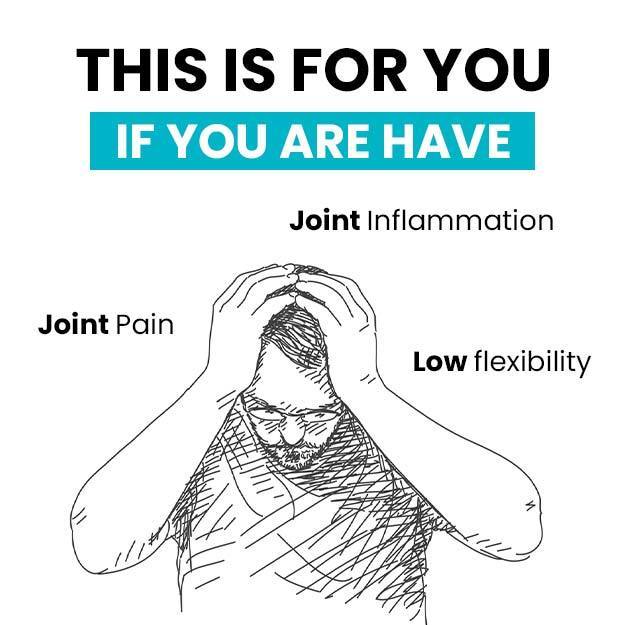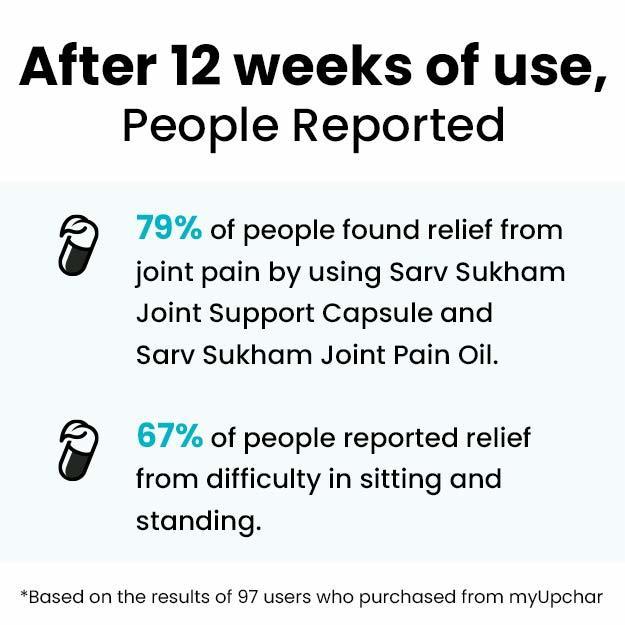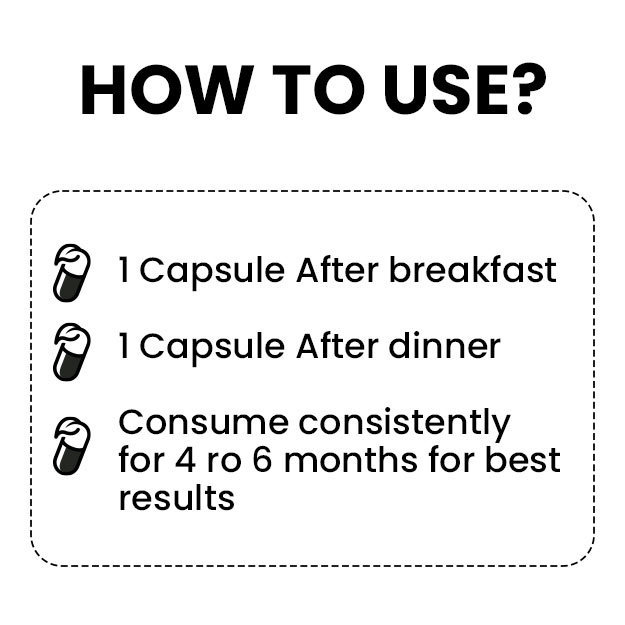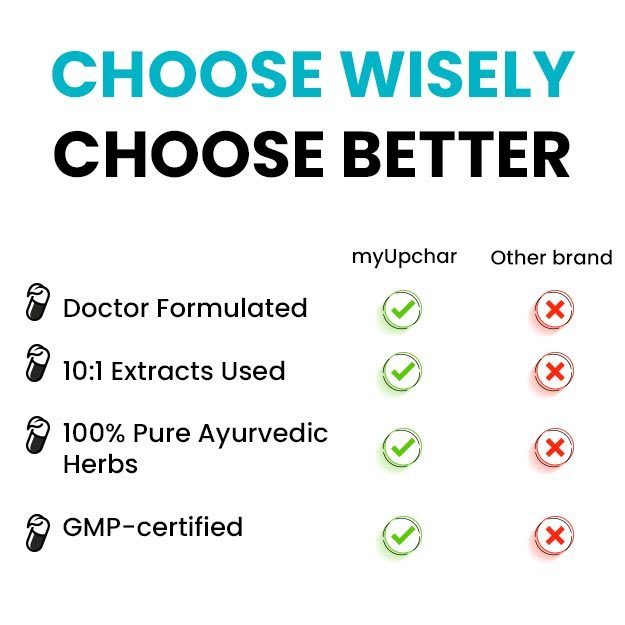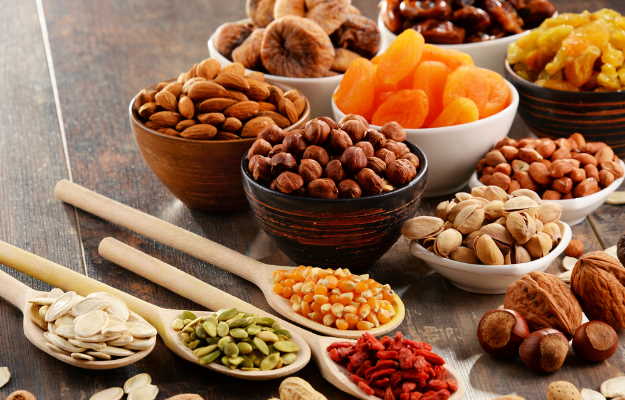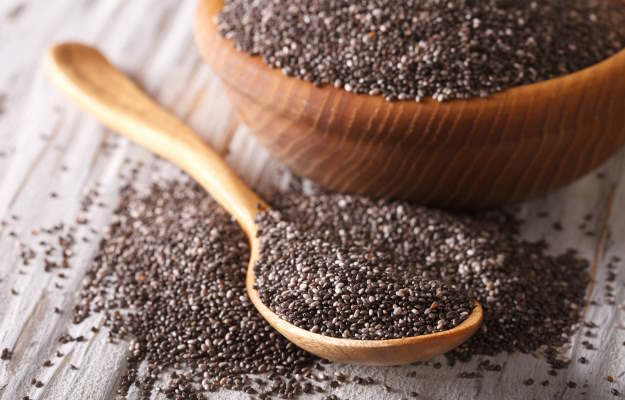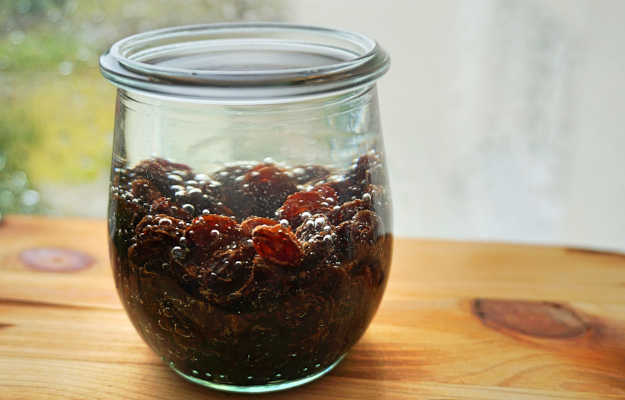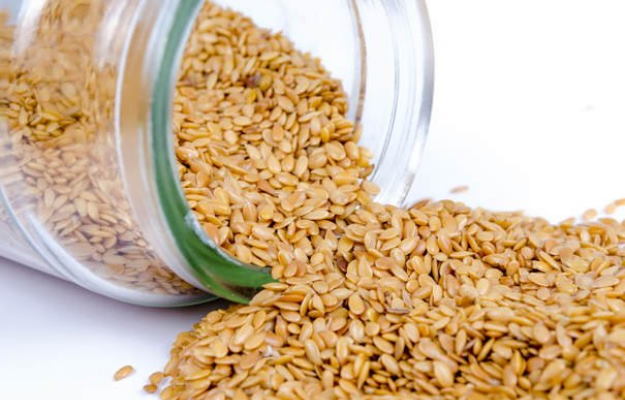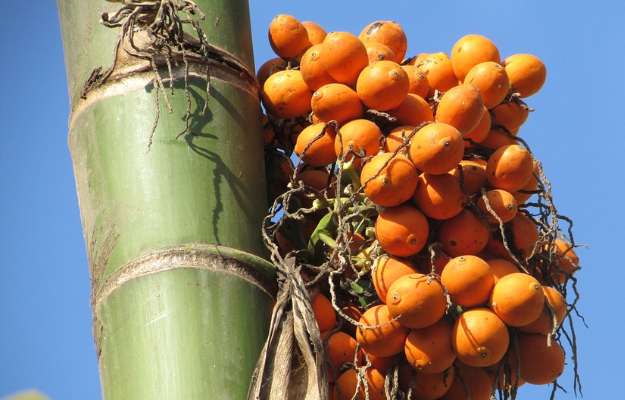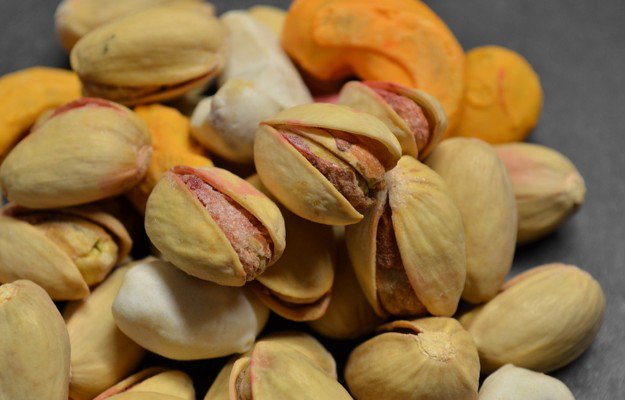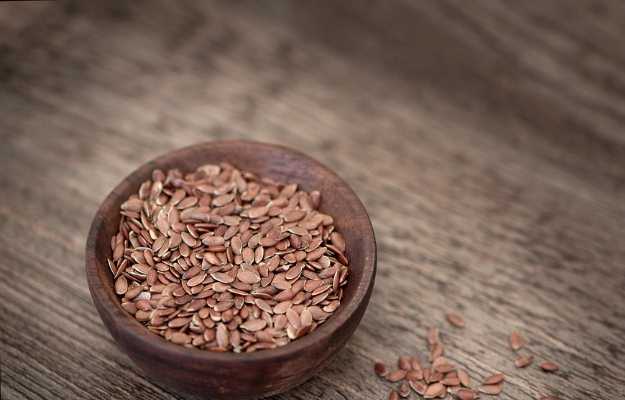They might look and feel tiny, but nuts and seeds are nutritionally mighty - hence they are referred to as superfoods. This is the reason why most doctors and nutritionists, as well as your parents and grandparents, always insist that you should include enough nuts and seeds in your diet. Both these groups of food are easy to store, carry around and snack on - and many are also cheaply available during certain seasons, especially during the winter months - so there’s no reason why you shouldn’t include them in your diet.
Nutritional Value of Nuts and Seeds
Most nuts have similar macro nutritional contents (protein, carbohydrate, fat) but precise profiles might vary where micronutrients (vitamins and minerals) are concerned. The following are the common nutritional properties of nuts:
- Most nuts have a high monounsaturated fat content, while walnuts are especially high in polyunsaturated fat
- All nuts have low saturated fat content
- High plant-based protein content, and some nuts are exceptionally high in arginine, a type of amino acid in proteins
- All nuts are a good source of dietary fibre
- Rich in phytochemicals like carotenoids, polyphenols, flavonoids, phenolic acids, catechins, etc.
- Most nuts do not have cholesterol content
- High in vitamins E, B6, niacin and folate
- High in minerals like magnesium, iron, calcium, zinc, copper, selenium, phosphorus and potassium
Like nuts, seeds have similar and immensely beneficial nutritional values and are rich in both macro- and micronutrients. The following are the common nutritional properties of seeds:
- All seeds are great sources of dietary fibre
- High in plant-based protein content
- Contain healthy monounsaturated and polyunsaturated fats, and no cholesterol content
- Most oily seeds are rich in phytochemicals and antioxidants like carotenoids, polyphenols, flavonoids, etc
- High in vitamins B1, B2, B3 and E
- High in minerals like magnesium, potassium, iron and calcium
X

